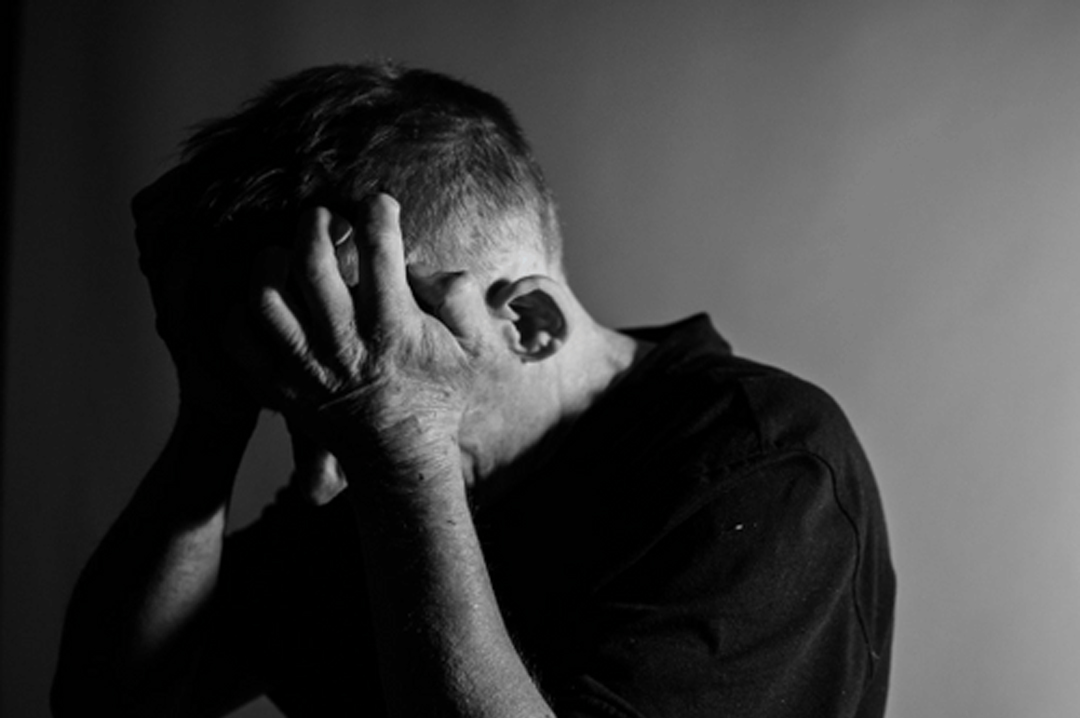Substance abuse on its own is a challenging enough disorder to cope with and treat. And unfortunately, addiction can occur alongside other mental health disorders, intensifying the severity of both.
In the past, mental health problems and substance abuse disorders were treated separately. But now we know there is a strong link between the two conditions—and that an integrated approach to treatment can be very successful!
What are Co-Occurring Disorders?
Co-occurring disorders are also known as comorbidity or dual diagnosis because a person has both a mental health disorder and an addiction.
The addiction may be caused by a mental health issue, such as depression or anxiety. And mental illness may be become obvious or made worse because of substance abuse.
While any mental health disorder can co-exist with an addiction, certain conditions often cluster together, including bipolar disorder, social anxiety, depression, PTSD, obsessive-compulsive disorder, schizophrenia and depression.
According to the National Institute on Drug Abuse, co-occurring disorders are rarely discussed despite affecting 7.7 million Americans. The reasons for co-occurring conditions remain unclear, but some experts believe that specific genes play a role in developing a mental health disorder along with a substance use disorder. Brain structure and function may also play a role.
Recognizing the signs of co-occurring disorders is challenging because a person may only exhibit symptoms of one condition and not the other.
Using Integrated Therapy and Care
The recognition that two disorders exist together and one might cause the other has led experts to combine psychiatric and addiction treatment techniques. When co-occurring conditions are treated together, the patient’s medical, physical, emotional and mental needs are addressed, with a goal of holistic recovery.
A person struggling with a substance abuse disorder and a mental health diagnosis may feel that it’s impossible for them to recover as both conditions drain them emotionally and physically. They may not realize that one diagnosis is the cause of the other and vice versa. Therefore, seeking help for one disorder without addressing the other diagnosis may only lead to an endless loop, increasing the chance of a relapse.
The good news is that recent research shows a reduced risk of relapse and suicide attempts when co-occurring disorders are treated together.
If you or someone you know has a mental health or substance use emergency, please call 911, go to your nearest emergency room, or call 1-866-837-7521 to connect to Communicare’s mobile crisis team, 24 hours a weekday, seven days a week, 365 days a year. Reach out if you’d like to talk to us about individual or group treatment for co-occurring disorders.

